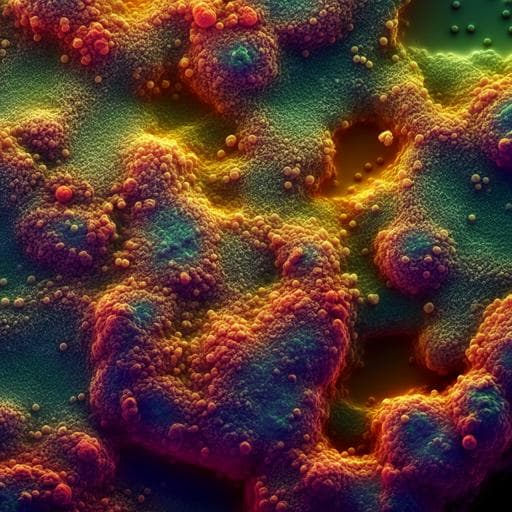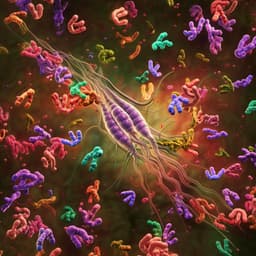
Environmental Studies and Forestry
A Review on the Roles of Extracellular Polymeric Substances (EPSs) in Wastewater Treatment: Source, Mechanism Study, Bioproducts, Limitations, and Future Challenges
H. A. Hasan, N. F. M. Rahim, et al.
Explore the innovative world of biological wastewater treatment, where bacteria are the eco-friendly heroes! This exciting review by Hassimi Abu Hasan and team dives into the fascinating roles of extracellular polymeric substances (EPSs) produced by bacteria, shedding light on their ability to tackle pollutants effectively. Learn about the challenges and advancements in this sustainable approach to clean water.
Related Publications
Explore these studies to deepen your understanding of the subject.







